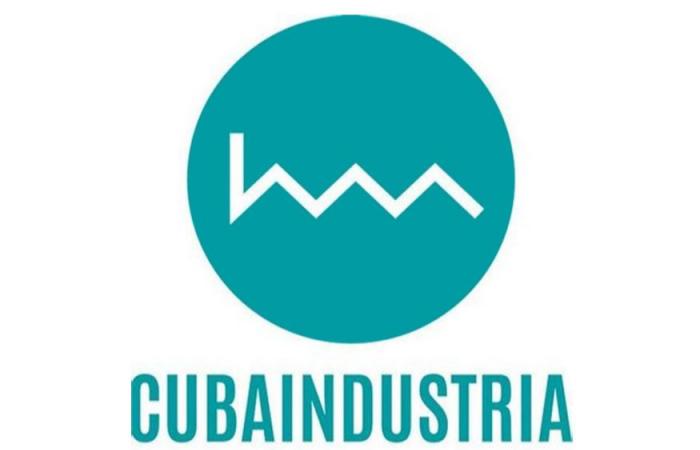
Cubaindustria 2024
Havana, June 20 (RHC) Industry 4.0 encompasses a set of enabling technologies that are less intensive in material resources and more intensive in knowledge, transforming the company into an intelligent organization whose value chain extends into research, innovation and development of new products, said Dr. C. Agustín Lage this Thursday at the inauguration of the IV Metalworking Congress, one of the events of the Cubaindustria 2024 Convention.
In a conference on Industry 4.0 or the fourth industrial revolution, Lage addressed the international scenario, in which investment in science has moved from the budgeted sector to the industry.
Industry 4.0 demands a greater space for foreign trade in the gross domestic product and an increase in investment in intangible assets such as personnel training, the purchase of software and databases.
In Cuba “there is still a lot to do. “Really, what we explain here is the retrospective analysis of the experience of the biotechnology sector, which is not essentially a scientific experience, but rather an experience of organizational innovation within socialism,” he said.
According to Lage, who directed the Center for Molecular Immunology (CIM) for 25 years and is currently an advisor to the presidency of BioCubaFarma, “there is a tendency to see the experience of the biotechnology sector, including vaccines, antibodies, everything from the point of view scientific, but there is a lot of innovation in business management. That is something that must be disseminated in other sectors.”
During his conference, the prominent Cuban immunologist, researcher and professor insisted on science and technology as a “lever” of the country’s development.
Cuba – he said – has achieved schooling similar to rich countries, but has not managed to invest enough in innovation and development. “The low technological level in exports continues to predominate,” she added.
On the national scene, he also highlighted that “new technologies need new companies and state MSMEs have not taken off with the speed needed. We need new small and medium-sized technology-based state companies,” he stressed.
Regarding international insertion, there is a greater space for foreign trade in the GDP, he commented, and pointed out the need to insert into global value chains, characterized by a distribution of added value.
For Lage, we must also “identify the technologies and groups we have, multiply connections with the academic sector, select driving projects, identify possible connections for exports and strengthen digital transformation capabilities.”
Likewise, it is required to “design the business plan for each project, identify barriers, analyze the need or not for new business figures, multiply training actions for entrepreneurs and implement work systems.”
He stated that “Cuba must increase the business fabric and move towards science-intensive industries” and considered the dynamics of the process of creating new technology-based companies and the limitation of financial protection devices insufficient.
“Companies must be connected with science and the external economy. The socialism entrepreneur has to see himself as a connection builder. Above all, because he must be thinking about the development of the country,” said Lage. (Source: Cubadebate)





